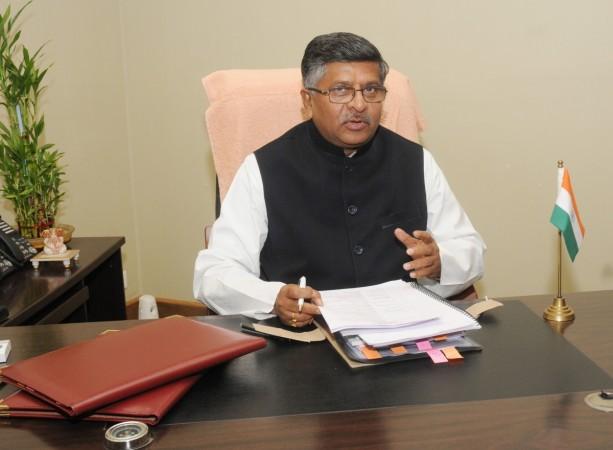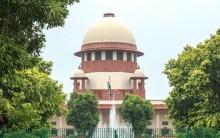
Businesses that need a telecom licence for their non-core operations are worried as Department of Telecom (DoT) has begun examining the scope of a recent Supreme Court order. The verdict, upholding the calculation of adjusted gross revenue (AGR) for telcos, has roiled the telecom industry and threatened to push Vodafone Idea and Bharti Airtel into the red, media reports suggest.
Power and steel sectors
The top court upheld the DoT view that all revenues, including from non-core operations, must be taken into account in computing the licence fees payable by telcos. This meant older players in the industry like Vodafone and Airtel ran up huge dues amounting to Rs 1.3 lakh crore, including licence fees, arrears and fines, while the pain for a relatively new entrant like Mukesh Ambani's Reliance Jio would be milder.
A rough calculation puts this amount at more than Rs 94,000 crore in dues over the past five years and more than Rs 2.8 lakh crore for the past decade
Apart from telcos, other businesses like internet service providers (ISPs), cable operators, direct to home (DTH) television service firms and even some companies operating in the power and steel sectors need telecom licences for their operations, according to an Economic Times report. If the same logic as in the case of Vodafone and Airtel is applied, these companies may also be liable to pay AGR-based dues.

People familiar with the matter said that the DoT is examining the wider ambit of the apex court's judgement, which upheld the government contention for including non-core revenue under AGR, the report said. Discussions have started on whether the DoT can send demand notices to such companies.
"A licence which has the words 'gross revenue', be it ISP or telecom or any other similar licence, will have to share a part of its gross revenue with the government, by applying the principles of the SC judgement," the report quoted senior advocate Gopal Jain as saying. "The DoT's argument in the telecom case was that gross revenue would include income and revenue from all streams." Telcos pay a licence fee to the government on the basis of AGR.
A slew of measures
The DoT could demand licence fees, interest, penalties and interest on penalties from about 40 licence holders, if the order is to be applied to all licence holders. A rough calculation puts this amount at more than Rs 94,000 crore in dues over the past five years and more than Rs 2.8 lakh crore for the past decade, including interest and penalties, the report said citing an unidentified official.
Industry observers believe the impact of the uncertainty could be detrimental to the economic growth, which is already slowing on account of various domestic and global factors, in spite of Finance Minister Nirmala Sitharaman's slew of measures to increase liquidity and improve ease of doing business to boost economic growth. The slowdown is threatening to derail Prime Minister Narendra Modi's push for making India a $5-trillion economy. The Telecommunication industry has sought the intervention of Telecom Minister Ravi Shankar Prasad and the government to resolve the matter.

















